JICA-RI and the German Development Institute (DIE) Co-host a Workshop on "Aid Fragmentation"
2014.03.12
JICA-RI has conducted research on general budget support (GBS) in the “aid strategies,” one of its four research areas. As part of GBS, JICA-RI has been studying the current status and impact of “aid fragmentation.” A challenge of “aid fragmentation” is that it prevents aid-receiving countries from building its aid implementation system. It also thwarts the effect of donors’ initiative approaches in development aid.
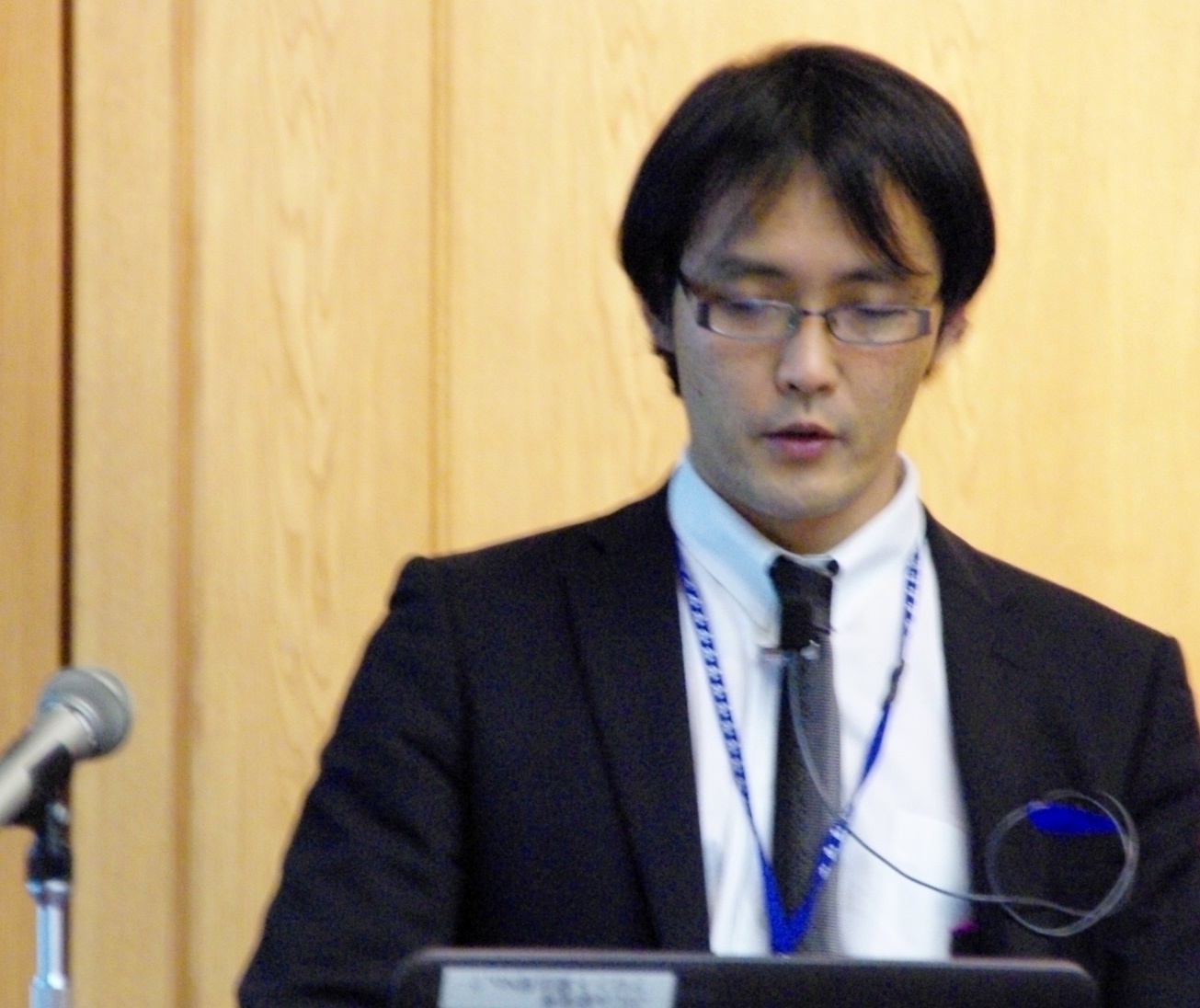
Satoru Mikami
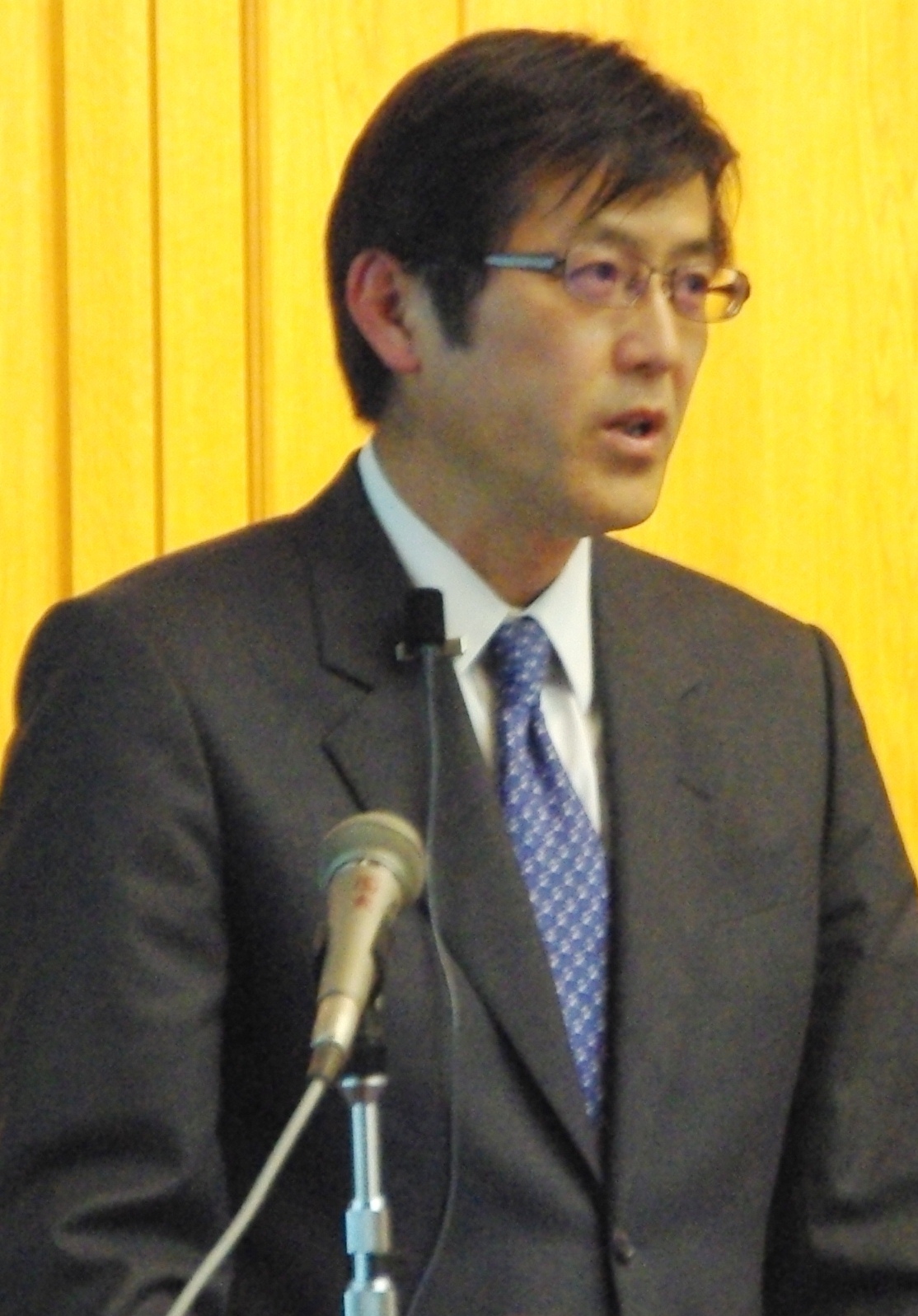
Mitsuaki Furukawa
Shedding light on GBS, JICA-RI and DIE held a joint workshop on GBS in Tokyo in 2011, setting a common research theme “aid fragmentation.” They have constantly exchanged views, and started exchanging personnel in 2013. On February 21, 2014, both Institutes co-organized a Workshop “The Politics and Impact of Non-Coordination in International Aid,” where Visiting Scholar from DIE who has conducted research at JICA-RI, presented as part of the personnel exchange activities.
Presenters from Japan included: JICA-RI Executive Senior Research Fellow Mitsuaki Furukawa; JICA-RI Senior Research Fellow Satoru Mikami; as commentators, Professor Juichi Inada of International Political Economy at Senshu University and JICA-RI Senior Research Advisor Akio Hosono. From DIE, Dr. Stephan Klingebiel, Head of Department “Bi- and Multilateral Development Cooperation” and Visiting Scholar Stefan Leiderer gave presentations.
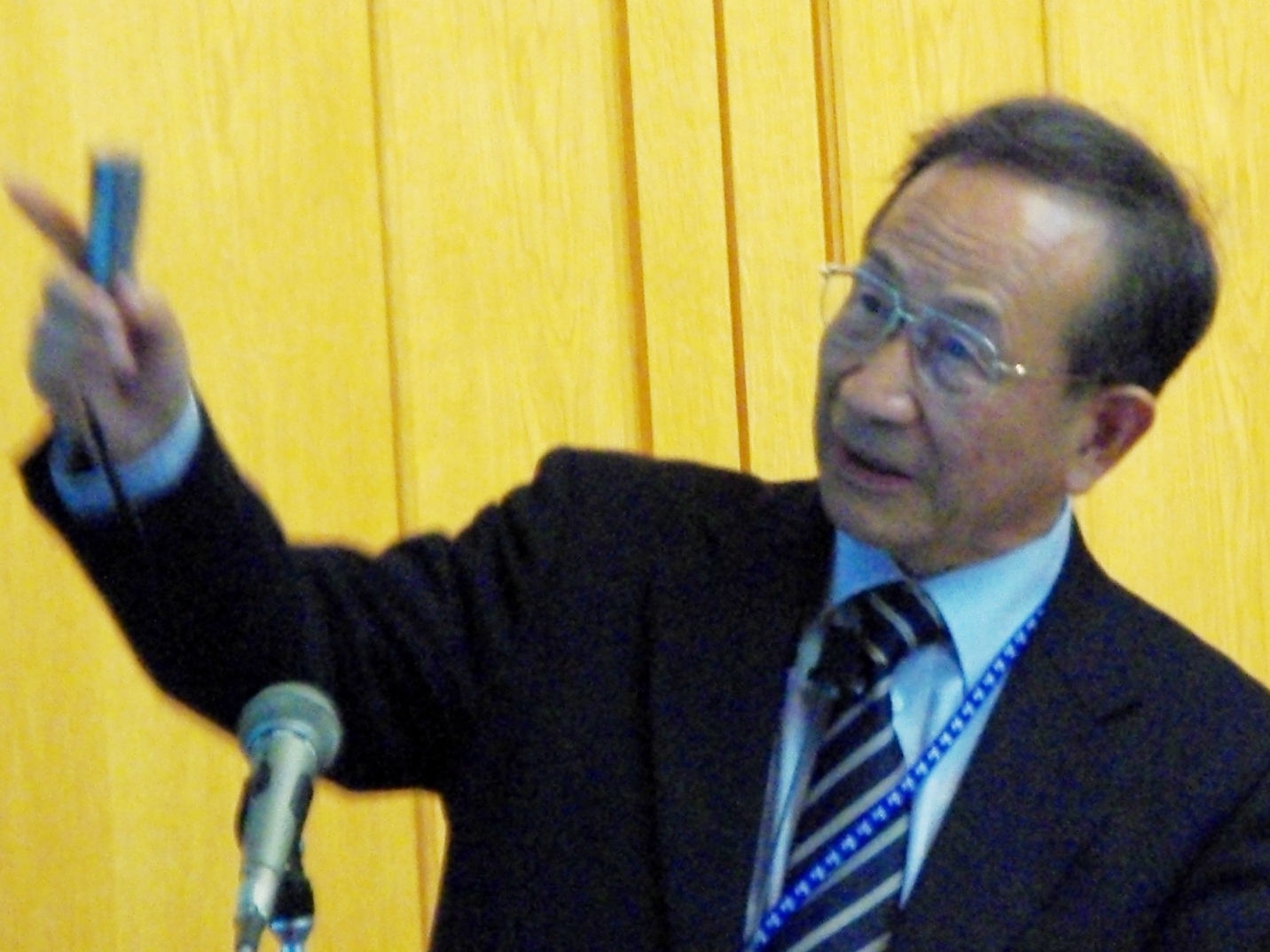
Akio Hosono
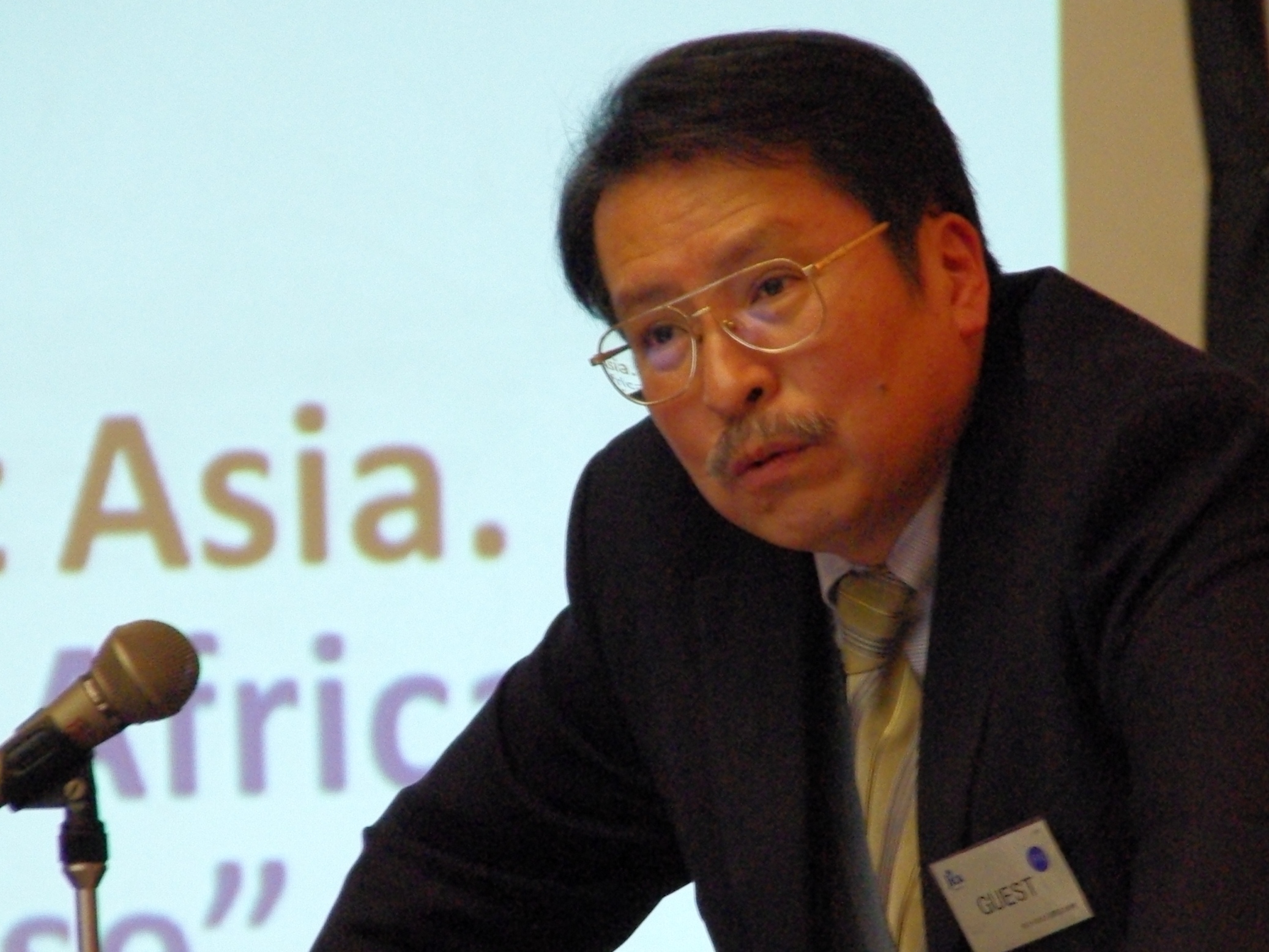
Juichi Inada
Presentations were divided by Session 1 and Session 2. In session 1 with a title of “The Politics and Consequences of Aid Fragmentation and Non-Coordination,” Furukawa gave a presentation entitled “Aid Fragmentation and Aid Effectiveness: Infant and Child Mortality and Primary School Completion.” He first introduced the definition and problems of “aid fragmentation.” Using the Herfindahl-Hirschman Index (HHI) as an “aid fragmentation” indicator, he explained its impact on the infant mortality rate and the like. Furukawa concluded his presentation by pointing out that there is a need for initiatives that consider the degree of aid dependence in developing countries and the aid fragmentation situation in the country concerned.
Next Dr. Klingebiel spoke of the theme entitled “Cost of Non-Europe in Development Policy.” He mentioned that aid coordination should be considered at the policy level, the programming level, and the implementation level in order to address “aid fragmentation.” He demonstrated that aid coordination will save a large amount of cost, while European aid actors need to harmonize and to cut transaction costs.
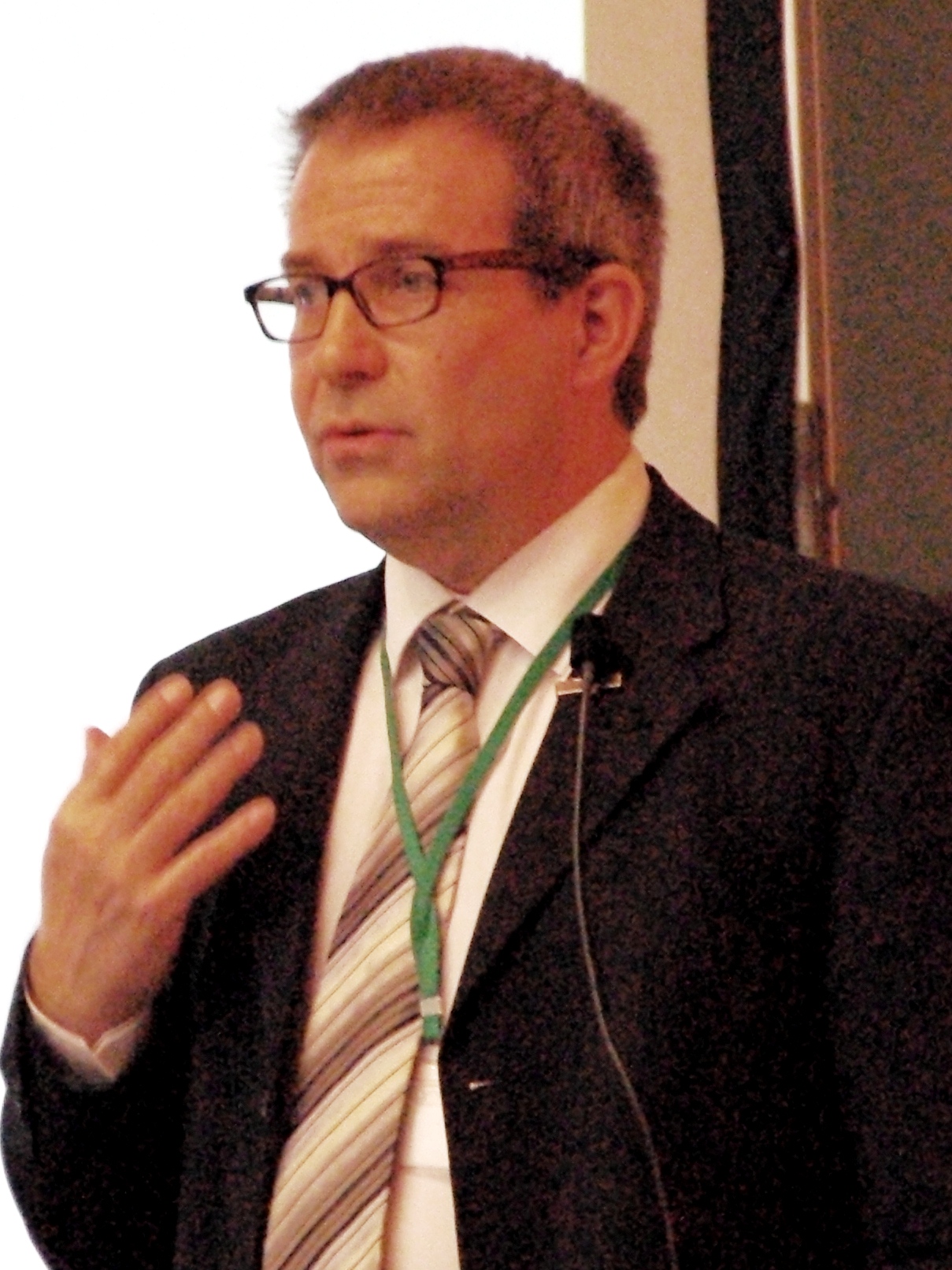
Stephan Klingebiel
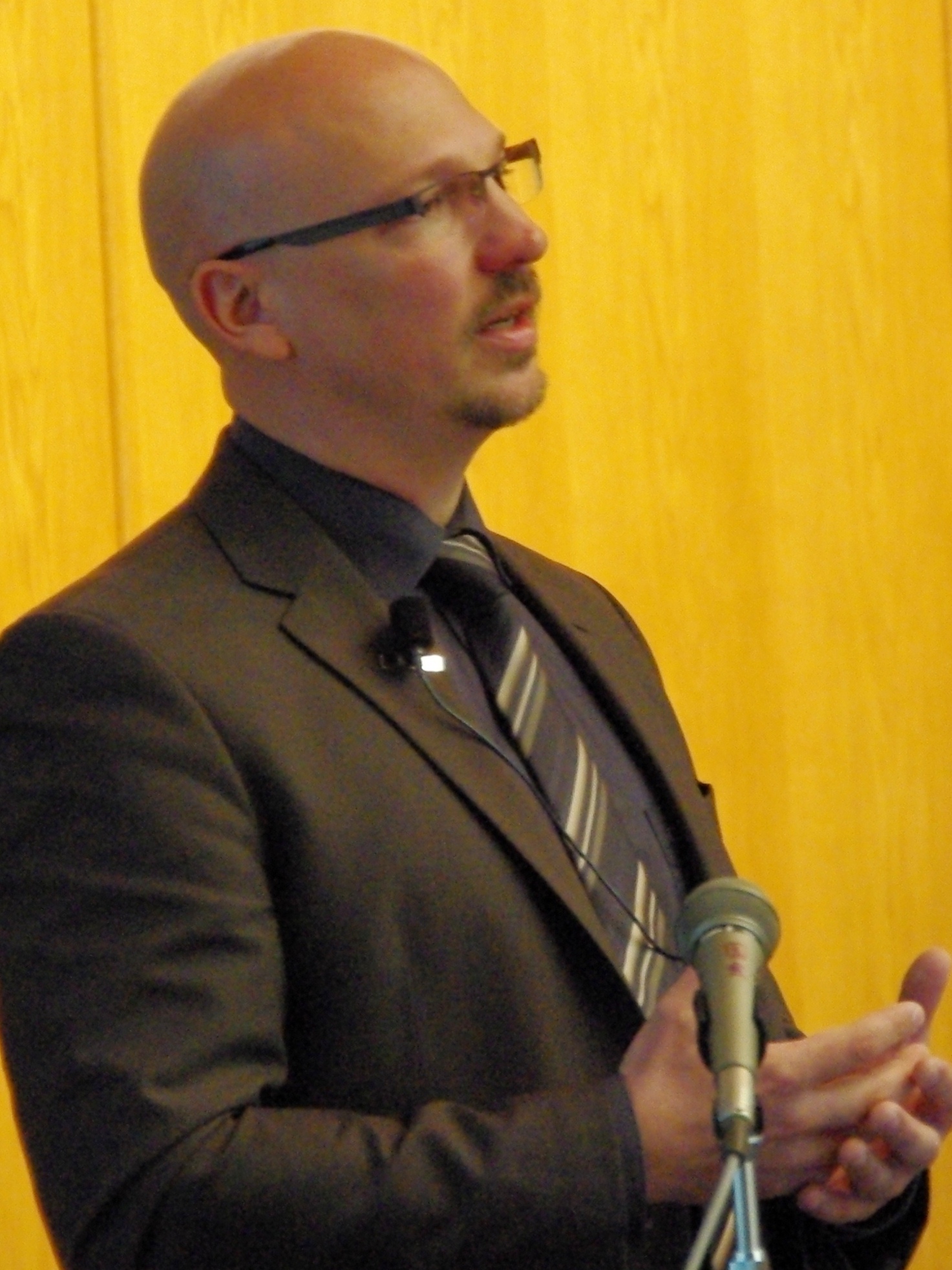
Stefan Leiderer
Mr. Leiderer, who followed Dr. Klingebiel, gave his presentation on his colleagues Svea Koch’s and Jörg Faust’s paper “The Domestic Politics of European Budget Support (BS).” Based on discussions among EU members, he pointed out that, although BS was introduced with the aim of enhancing aid effectiveness, its harmonization and coordination is difficult due to differences in selections and approaches to aid recipient countries. Mr. Leiderer further stated that domestic political factors in European donor countries explain the variance of governments’ preferences on BS.
At the end of Session 1, Professor Inada, in light of the above three presentations, pointed out that “aid fragmentation” is a big challenge, raising questions on a wide range of aid coordination and on the relevance between European domestic politics and their BS.
Session 2 was held under the theme of “Aid Harmonization in Theory and Practice: The Choice of Aid Modalities.” Mr. Leiderer made another presentation titled “Fungibility and the Choice of Aid Modalities.” He introduced three types of aid modalities: Project Aid; Budget Support; and Aid on Delivery/Results-based Aid, which is a new type of aid. He compared the three with a focus on fiduciary risks, using a formal model. He concluded that aid modalities don’t differ fundamentally with regard to fiduciary risks.
Next, Mikami gave a presentation based on his and Furukawa’s Working Paper entitled “Is Country-system-based Aid Really Better than Project-based Aid? Evidence from Rural Water Supply Management in Uganda.” Drawing on the water supply system in Uganda as a successful case of sector coordination, he compared a project-based aid which is a donor-initiative aid modality that Japan advocates with that of a recipient- based country-system. In the case of management of deep wells in Uganda, the outcome witnessed that project-based aid was more sustainable than aid provided through a country system. He, however, pointed out that this does not intend to conclude one aid modality is superior to the other. The research verified that both aid modalities should be aligned with the sector policy and plan of the recipient government.
At the end of Session 2, Hosono commentated challenges of the new aid modality—Aid on Delivery or Results-based Aid—which Mr. Leiderer introduced in his presentation. Centering on aid modality and aid effectiveness, he pointed out the significance of setting inclusive and sustainable development goals, by utilizing the benefits of and complementing the three: Budget Support; Project Aid; and Aid on Delivery/Results-based Aid.
In his closing remarks, JICA-RI Director Hiroshi Kato stated that difficult topics such as development cooperation and aid effectiveness have been discussed in the political arena in the context of “aid fragmentation.” He concluded the workshop, expressing his appreciation that it provided an opportunity to disseminate the academic and empirical research findings through the joint research between JICA-RI and DIE.

事業事前評価表(地球規模課題対応国際科学技術協力(SATREPS)).国際協力機構 地球環境部 . 防災第一チーム. 1.案件名.国 名: フィリピン共和国.

事業事前評価表(地球規模課題対応国際科学技術協力(SATREPS)).国際協力機構 地球環境部 . 防災第一チーム. 1.案件名.国 名: フィリピン共和国.

事業事前評価表(地球規模課題対応国際科学技術協力(SATREPS)).国際協力機構 地球環境部 . 防災第一チーム. 1.案件名.国 名: フィリピン共和国.

事業事前評価表(地球規模課題対応国際科学技術協力(SATREPS)).国際協力機構 地球環境部 . 防災第一チーム. 1.案件名.国 名: フィリピン共和国.

事業事前評価表(地球規模課題対応国際科学技術協力(SATREPS)).国際協力機構 地球環境部 . 防災第一チーム. 1.案件名.国 名: フィリピン共和国.
scroll